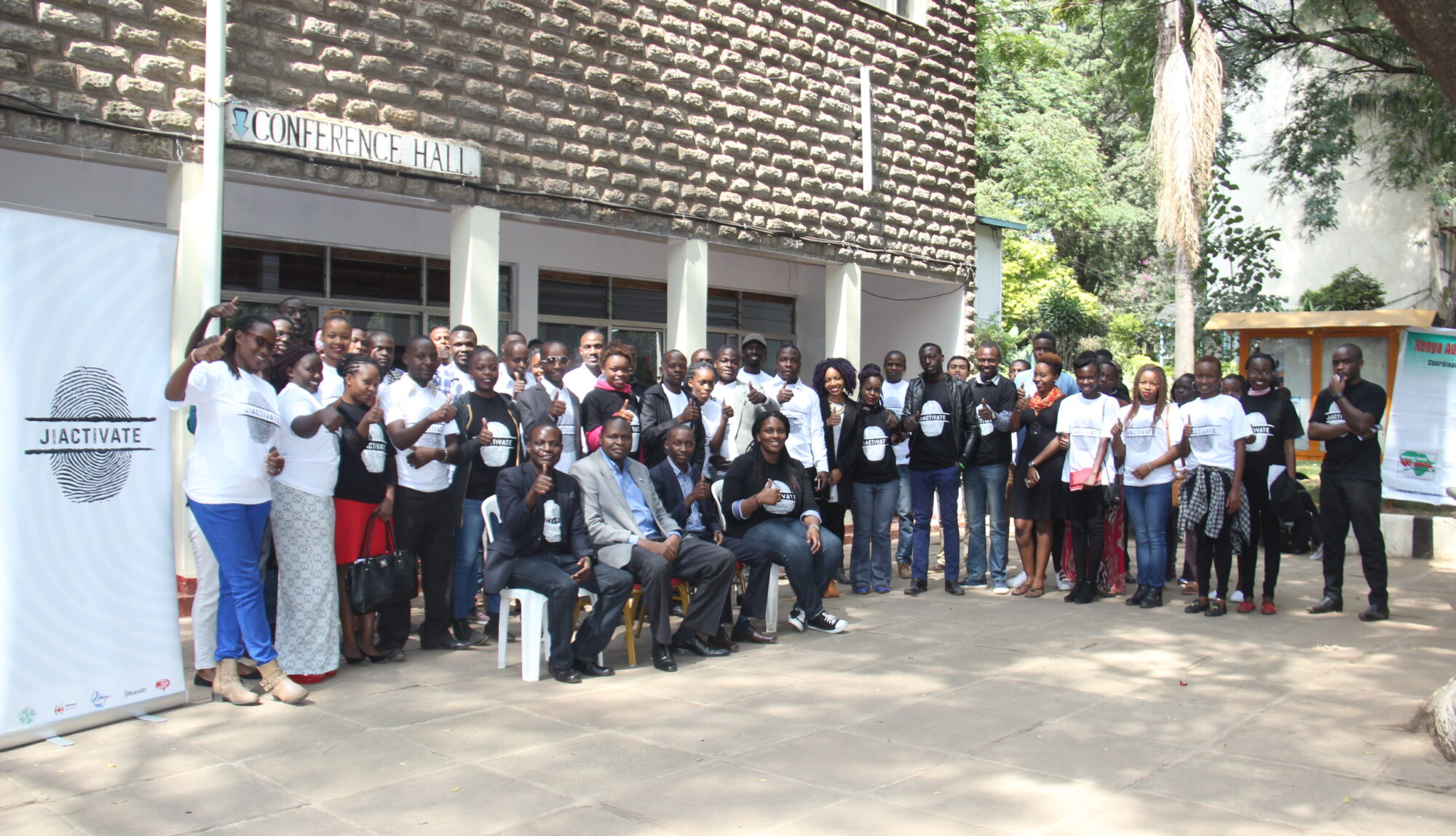Rape Culture and Victim-blaming

Sexual assault and rape are surprisingly some of the most controversial topics in the world. You would think it’s as simple as punishing the offender and finding relief for the victim, but it’s not.
I woke up to the heartbreaking case of Velvine Nungari Kinyanjui, February 24th. She succumbed to her injuries on March 9th and laid to rest on the 17th. The suspect is in custody as investigations are underway. People are currently calling out for justice for her using the hashtag JusticeForVesh on Twitter and other platforms.
While others help find justice, we have a few who are blaming her for the ordeal. Some say she put herself in the situation. Others say that she couldn’t withstand the activity.
What is Rape Culture and Victim-blaming?
Rape culture refers to ideas, attitudes, or behaviors that encourage or trivialize sexual abuse. They involve stereotypes around rape and dismissing the issue as a normal everyday occurrence.
Victim-blaming is shaming the survivor or victim. It’s finding a way to blame them, rather than applauding them for their openness. They include comments like “You shouldn’t have dressed like that”, or “She looks like she was asking for it”.
As a result of this environment, victims suffer in silence. It’s the reason why the majority of rape cases go unreported. Women end up feeling like it’s their fault. Men are ridiculed for terming it as assault when they should just enjoy themselves when it happens. Consequently, countless psychological come up; depression, constant anxiety, confusion about sexuality and masculinity for men, are a few.
Your Well-being Matters
As we lay Velvine to rest, we hope that the relevant authorities carry out investigations to bring the offender to book. Rape is a global scourge. Speak up and fight for your well-being, to fight for what is right.
Always work towards encouraging victims to seek the help they need, rather than scare them into silence and depression.